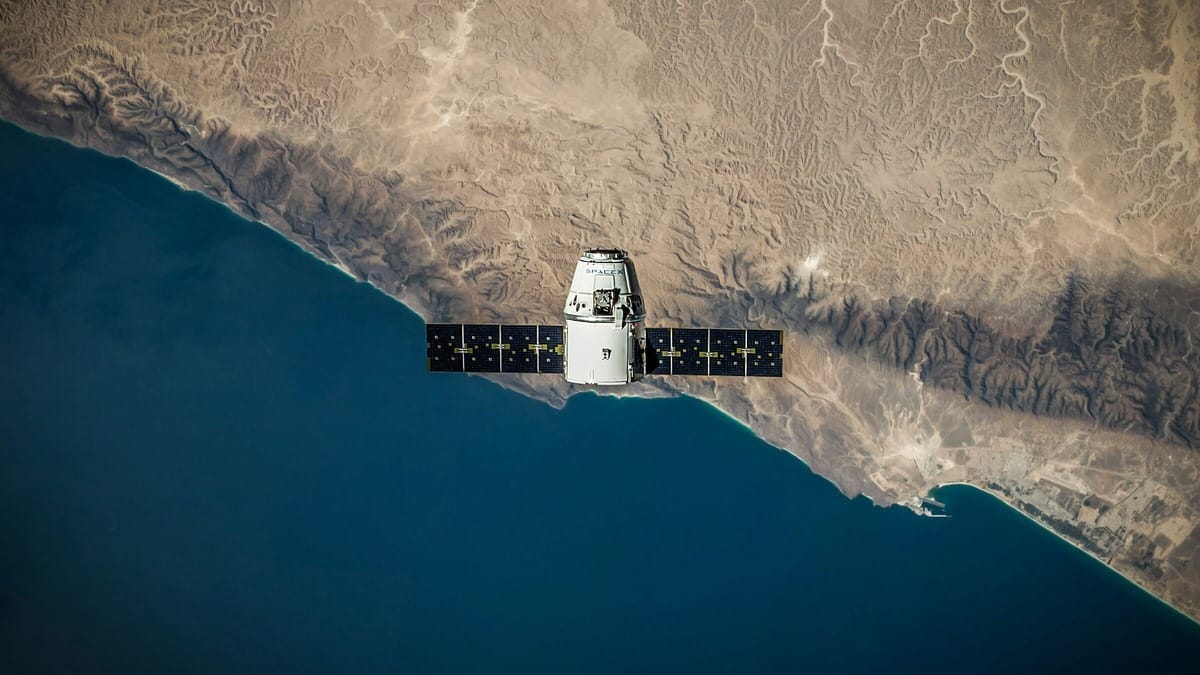How the fight for evolution prepared us to fight for democracy
Thinking of democracy as a threatened species can help us preserve its future.
What degrowth is, and why it matters
Against cultures of planned obsolescence.
Is AI art causing future shock or age-old economic anxiety?
The tech isn’t the problem. Our civic failure to grow along with it is.
The future-history we want, and the future-history we deserve
Is it any wonder that we’re lousy at imagining any futures but complete apocalypse or vague utopia?
Solarpunk humanism: How we dream bigger than despair
Solarpunk offers a potent narrative space for imagining secular worlds to come, and how to get there.
How do we talk about impending doom so that people will listen?
Books like ‘The Ministry for the Future’ offer a useful vocabulary for hashing out solutions to our overheating world.
On ‘tomorrow sorrow’: How we grieve the future today
Humans have the capacity to grieve the world ahead, knowing how much is going wrong today. But tomorrow sorrow can make us stronger actors.
Eco-friendly transportation? The good, the bad, and the pipe dreams
The saying about putting a fox in charge of the hen house grossly underestimates human ingenuity. We are not foxes, and so we have the ability to be much cleverer custodians of institutions we’re still destroying.
Nuclear panic and the satellite wars
Reading Time: 6 minutes In 1962, the US detonated a high-altitude warhead, with a yield of 1.4 megatons of TNT equivalent, some 250 miles above the Earth. The blast expelled the planet’s magnetic field for nearly half a minute, created a brief cavity in the ionosphere, and damaged
Reclaiming human agency in how we think about AI
Reading Time: 9 minutes Online panic about AI models like ChatGPT follows a well-travelled path set by impoverished understandings of evolutionary theory. Can we reclaim human agency?
How to spare billionaires from terrorist attack
A radical eco-activist group arises in India after a terrible heat wave kills tens of thousands. The Children of Kali are firm in their declaration to the world: Change with us now, or suffer the wrath of Kali.












